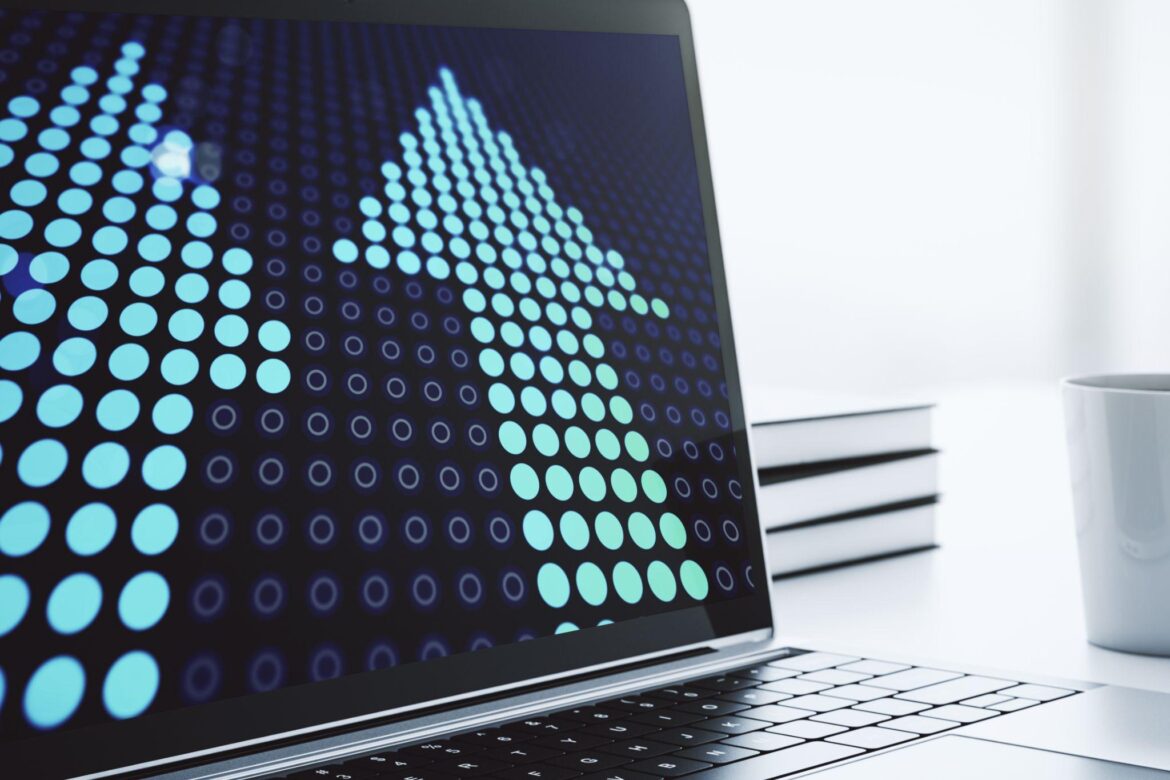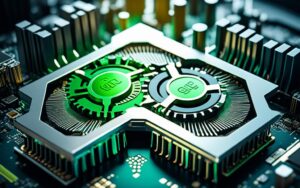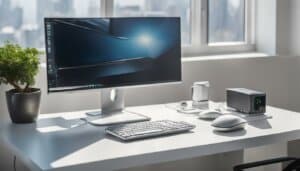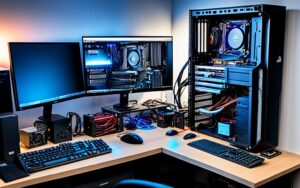Table of Contents
A well-performing computer can be the cornerstone of productivity. Optimal performance is key for office tasks, designing, coding, gaming, and leisure activities like watching movies. Understanding how to unlock and maintain this level of performance requires a blend of knowledge, regular maintenance, and suitable usage practices. This article aims to take you through simple yet effective steps to ensure your computer delivers the best it can offer consistently.
Symptoms of a Slowing PC
Performance degradation in a PC doesn’t happen suddenly; it is often a gradual process with subtle indications. If we closely monitor these signs, we can take preventive steps to stop our computers from slowing down dramatically. The commonly noticed symptoms of a slowing PC include:
- Increased boot time: Your computer takes noticeably longer to start up than it used to.
- Frequent application crashes: You start noticing more instances of “program not responding” errors.
- System hangs: Instances when the whole system freezes become more frequent.
- Slow performance: Even daily tasks, which your computer should easily handle, start taking significantly longer.
- Overheating: Your computer is producing higher-than-usual heat levels even under normal usage.
These symptoms can hint toward underlying issues affecting your computer’s performance.
Hardware Considerations for Optimal PC Performance
The performance of your PC is heavily dependent on its hardware. Key components such as the processor (CPU), RAM, graphics card (GPU), and storage drive contribute significantly to your system’s efficiency. Their capacity and speed make a difference in the overall performance, defining how smoothly your applications run and how quickly your tasks get completed.
The benefits of upgrading your hardware components can be quite dramatic. For example, faster file transfers and boot times can result from moving from a standard hard drive to a solid-state drive (SSD). Similarly, boosting your RAM capacity can enhance the speed of switching between applications and allow for smoother multitasking. These enhancements can significantly boost your PC’s performance, making it more efficient and reliable.
Software Tips for Boosting PC Performance
In addition to hardware, software also plays a crucial role in your computer’s performance. The selection and management of software profoundly influence how seamlessly your system operates. Some primary tactics to boost PC performance at the software level are:
- Closing unnecessary applications: Applications running in the background can inadvertently consume precious system resources. Be sure to close any unnecessary applications to free up these resources.
- Regularly updating software: Ensure that your operating system and all installed application software are updated regularly. Updates frequently feature bug fixes and speed improvements that immediately increase the efficiency of your machine.
- Uninstalling unwanted programs: Over time, we accumulate programs and applications that we no longer need or use. These can unnecessarily occupy storage space and even run background processes. Regularly check for such applications and uninstall them.
- Optimizing startup applications: Some applications are set to start automatically when your PC boots. While this can be handy for frequently used programs, having too many applications starting up can significantly extend your boot time and slow down your PC. Review and optimize your list of startup applications.
- Maintaining a clutter-free desktop: While having all your frequently accessed files and applications on the desktop might seem convenient, this can slow down your PC. Keep your desktop clear and organize your files in appropriate folders.
Importance of Regular Maintenance
Regular maintenance forms the bedrock of optimal PC performance. It includes scanning and fixing system errors, clearing cache files, defragmenting your hard drive (if you’re using HDD), and ensuring all drivers are updated. Maintaining your operating system regularly can prevent many issues and keep your PC running smoothly.
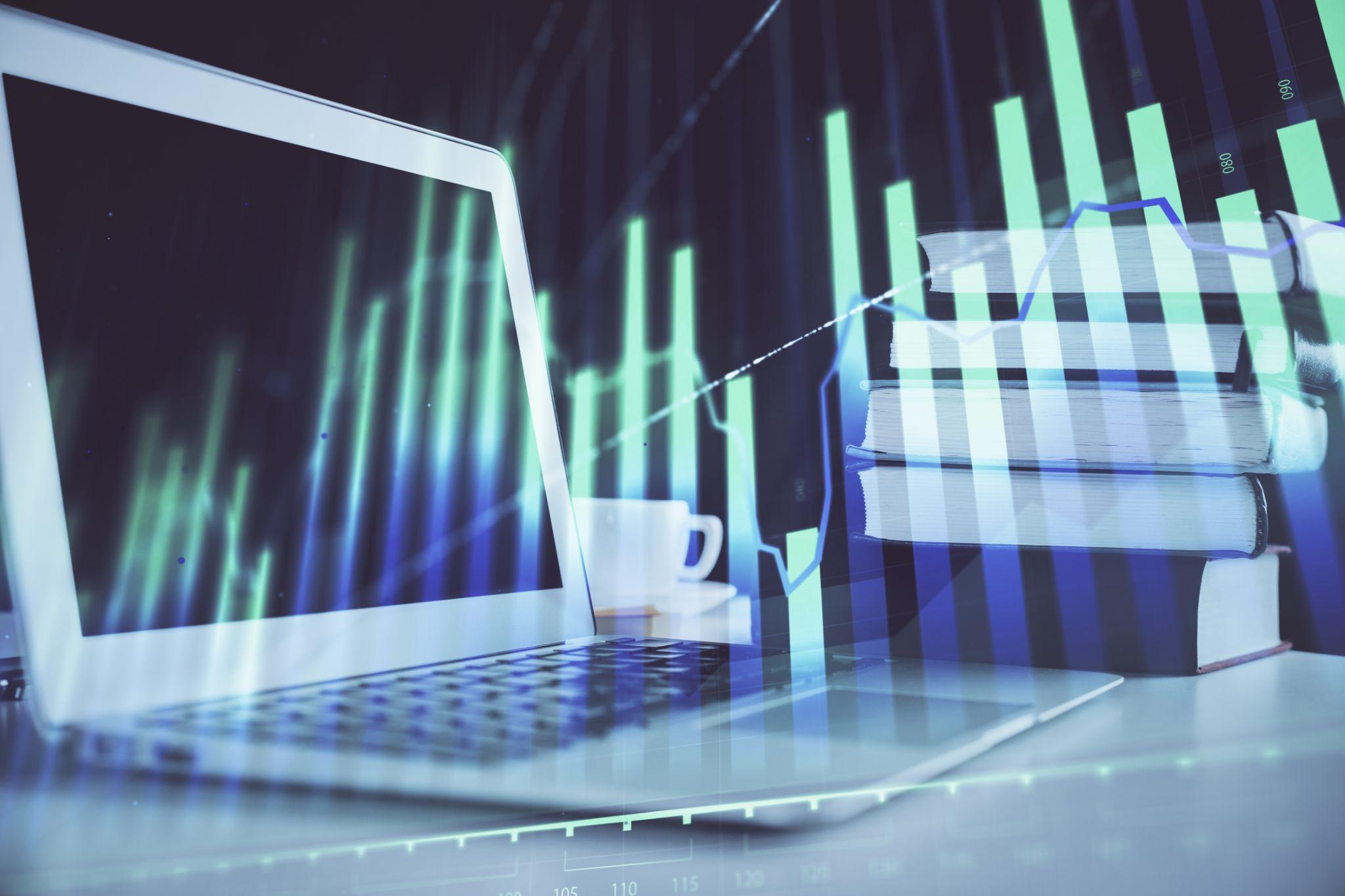
Security Practices and PC Performance
One often overlooked factor causing poor PC performance is the presence of malware, viruses, or spyware. These malicious applications can enter your system via a number of different ways, including files that you download, email attachments, and compromised websites. Once established, they operate silently in the background, draining your PC’s resources and considerably hampering its performance.
To safeguard your PC against such threats, it is crucial to establish and follow strong security practices. These include consistently using updated antivirus or anti-malware software to detect and eliminate threats. Caution in opening emails or attachments from unknown sources and maintaining an active firewall are also part of a robust security stance. Through this dual approach of prevention and defense, you can protect your computer and maintain optimal performance levels.
Advanced Tips
For those looking to extract every bit of performance from their PCs, there are advanced approaches to consider. Handled judiciously, these can lead to substantial performance enhancements. Here are three advanced techniques:
- Overclocking: This typically involves running your CPU or GPU at a speed higher than the manufacturer’s specified rate. While this can result in increased performance, it also risks overheating your components and can void your warranty, so proceed with caution and adequate knowledge.
- Adjusting visual effects: Reducing the visual effects on your PC, like animations and shadows, can enhance system performance. This is particularly beneficial for lower-end systems where resources are already at a premium.
- High-performance power plan settings: Selecting the high-performance power plan in your PC settings pushes your hardware to work at its maximum capacity rather than in a power-saving mode. While this may increase power consumption, it can significantly improve system performance.
Each of these advanced measures could significantly boost your PC’s performance. However, they do come with risks and should be implemented prudently to avoid potential system damage.
Learn more about hiring a specialist using legal contracts if your PC performance issues persist or you are uncomfortable implementing these advanced measures yourself. Tackling PC performance issues can be complex, but getting professional assistance can be valuable. You can utilize the templates on the Lawrina platform, which features over 200 templates to cater to your different needs. These can help craft requests or service contracts, thus ensuring a structured, legal, and clear approach.
So, while these advanced methods could considerably boost your computer’s performance, don’t hesitate to seek expert help if needed — it can save your system from excessive stress while still achieving optimized performance.
The Role of Good Usage Habits
Our day-to-day PC usage habits play a significant role in its performance and longevity. Certain practices done regularly can have a profound impact on how well and how long your PC functions. These habits aren’t complicated, yet they often tend to be disregarded due to a lack of understanding of their importance.
Regular breaks benefit the user and the PC by allowing it time to cool down, especially after heavy usage. Another overlooked but impactful habit is shutting down the system when it’s not in use. This provides your PC with a much-needed reprieve from constant operation, reducing the wear and tear of the components. Similarly, regularly saving your work guards against data loss in case of sudden program or system crashes and facilitates efficient use of system resources. Cultivating these habits is a small but effective step towards enhanced PC performance.
Conclusion
Unlocking and maintaining PC performance is not just about the right hardware or software — it’s a combination of components, regular maintenance, security practices, advanced settings, and good usage habits. Start by recognizing the symptoms of a slow PC, then employ the tips mentioned above. Soon, you’ll have a PC delivering optimum performance consistently, ushering in an undisturbed productivity and entertainment era.


